|
Praise God for the opportunity to share our testimony August 26th at the church where Tara grew up and what will soon be our home church membership. A special thanks to Pastor John Parker and the Young Adults ministry!
With the focus of our time being on the need to change by following Jesus because He loves us, we have a renewed sense of God's passion for our salvation!
2 Comments
From: The Voice of the Martyrs (August 24, 2017) Satellite images like this one show the physical darkness in North Korea, but the spiritual darkness in the “Hermit Kingdom” is an even greater concern. VOM is working with Christian partners in the region to illuminate North Korea with the light of Christ. We use a variety of methods to smuggle Bibles into the highly restricted nation. Distributing Christian literature in print and electronic formats, we not only help North Korean Christians survive but also equip them to share the gospel with their countrymen. We are grateful for American Christians who partner with VOM in this work. We especially value the trust you place in us by supporting our covert operations in North Korea, understanding that we’ll never be able to fully report the nature and extent of the work you support. As North Korean leaders boast of war readiness and threaten missile strikes, our Christian brothers and sisters in that nation stand ready for a very different kind of battle — a spiritual battle — supported with prayer and clothed in the full armor of God. In a nation where citizens are expected to report any suspicious activity to authorities, studying the Bible is extremely dangerous, even underground. VOM supports secret training sites where Christians are discipled. VOM also supports evangelism efforts and the distribution of Bibles and Christian literature in North Korea. We invite you to partner with us in this vital work. By: Alpha Omega Publications (August 15, 2017)
Read more HERE Simply stated, there is no right or wrong way to homeschool. As its popularity has grown over the past decades, homeschooling methods have adapted to fit the needs of individual families and developed into many different approaches. For some families, homeschooling works best within a well-structured, goal-oriented routine. For others, spontaneity, flexibility, and experiential learning are key components to more successful homeschooling. Still others find a combination of methods to be their best approach. Whichever method or philosophy you choose, it will better direct you in purchasing the right curriculum for your homeschool family, matching your teaching preference and your child's unique learning style. What are the most popular homeschooling methods? Alpha Omega Options Computer-based Homeschool Method Making use of the latest technology, this method of student-directed homeschooling is becoming more popular with today's generation of computer-savvy homeschool families. Whether learning with online curriculum, installable CD-ROMs, or through an accredited online academy, electronic-based homeschooling allows more flexibility, freedom, and opportunities for a dynamic, fun-filled education. The computer-based homeschool method is best for homeschool parents who:
Workbook-based/Traditional Homeschool Method Basing its model on the traditional idea found in a public or private school, this homeschooling method incorporates the use of workbooks or worktexts. A clear scope and sequence is usually followed to minimize any potential learning gaps, along with the use of quizzes and tests to evaluate what the child has learned. The workbook-based/traditional homeschool method is best for homeschool parents who:
Commonly known as school-at-home or school-in-a-box, traditional homeschooling gives parents the security of an established routine and teaching method. Unit Study Homeschool Method Sometimes called cross-learning, thematic, or integrated homeschooling, unit studies give parents the ability to combine multiple subject areas into one curriculum centered around a particular theme. The approach is to take a selected topic of interest and study it in-depth, covering every element as it relates to science, math, literature, history, geography, language, and other disciplines. Children in the family participate in learning the topic by using materials and doing activities geared specifically for their grade level. The unit study homeschool method is best for homeschool parents who:
Content is more easily learned and retained if taught through interdisciplinary units. Other Options The Charlotte Mason Method A homeschooler herself, Charlotte Mason was a British educator who lived in the late 1800s. She promoted a gentle, flexible learning approach and was zealous about teaching with "Living Books" (books written by one author with a passion for that particular subject). Charlotte's method focused on core subjects, the development of good behavior and character habits, and the study of fine arts, nature, classic literature and music, and poetry. She also encouraged observation, interaction, and an appreciation for nature by the use of "Nature Diaries." The Charlotte Mason method is best for homeschool parents who:
The Montessori Method Emerging from the discoveries of Dr. Maria Montessori during the early 1900s in Rome, Italy, the Montessori method is a natural, self-directed process that follows certain fundamental laws of nature. Preparing an environment that facilitated learning, Dr. Montessori observed that children have acute sensitive periods in which they have intense concentration, causing them to repeat an activity until they gain a measure of self-satisfaction. The Montessori method calls this repetition process "normalization". The Montessori method is best for homeschool parents who:
Want less of a teaching role to allow a child to develop through self-motivation The Classical Method Homeschool parents who educate their children using this method believe that a child's brain develops in three fundamental stages: grammar, logic, and rhetoric (a critical thinking learning pattern better known as the Trivium.) Emphasizing how to learn rather than teaching everything a child needs to learn, the Trivium seeks to custom fit the curriculum subject matter to a child's cognitive development. In grade school, it emphasizes concrete thinking and memorization of facts. Then in middle school, it encourages analytical thinking until in high school, it presents abstract thinking and articulation of subjects.
Additional Homeschool Methods The above list of homeschooling philosophies and methods only begins to scratch the surface. Other options include literature-based, Robinson, and Waldorf homeschooling, as well as unschooling, notebooking, and any combination of the above mentioned methods. Each has its own set of pros and cons, but you can distinguish them from each other simply by the following differences:
In the end, the way you answer each of these questions is the key to discovering a homeschooling method that works best for your family. Digging Deeper
Take the next step: Explore learning styles As a first-time homeschooler, you're probably asking yourself, "How do I know which curriculum is best?" Many parents mistakenly choose a curriculum simply based on its cost or the perceived grade level of their child. However, there are many other important considerations and questions to ask. By Chris Hogan, Focus On Family (August 11, 2017) Read more HERE When you got married, you probably were given advice on how to make that union successful. Whether it was from your mom or your Uncle Steve, the people around you wanted to see your marriage deepen and grow. I do, too. Since I didn't attend your wedding and offer my tidbit of wisdom, here it is: You need to prepare a written budget every month--before the month begins! I know that may not sound as important as other marriage advice you've received, but ongoing communication about money and how you spend it can ultimately make the difference between a second honeymoon and a broken home. Schedule time to talk When you talk about your monthly schedules, include at least a half an hour for "budget committee meetings." Now, you might be thinking that sounds a little formal. But let me ask you this: How successful would a business be if it never had budget meetings? It would go under! Operating your finances together without a budget could mean financial disaster. We need to think of our home in the same way we think about a business. Have you considered that you and your spouse are actually the CEOs of your own little operation? And the truth is that your family is one of the most important operations in your life. Toward the end of each month, sit down with your calendars (or phones) and carve out time to develop and review the next month's budget. Repeat that process every month, and by the time you hit month six of budgeting, it will probably feel like second nature. Don't make your spouse do it alone Budgeting has to be a two-person process or it won't work for a married couple. It's a collaborative effort, like two people rowing a boat together. You both need to head in the same direction or you'll find yourselves going in circles. When my wife and I got serious about our finances, we started meeting together every Sunday. We'd go over our budget for the upcoming week, review the bills that were coming due and discuss the week ahead. If you're new to budgeting, I'd recommend that you and your spouse begin by meeting once a week to develop the skill of budgeting and build momentum for your financial goals. Once you and your husband or wife are confident about where your money is going each month, you can cut back to meeting just once a month. Give yourself enough time I tell couples to set aside 30 minutes for these budget meetings, but you may want more time than that, especially in the beginning. I've found that reserving 30 minutes together gives a couple time and space to engage in the topic of family finances without just flying through the budget quickly. You'll want to really communicate. Even if you've been married for a long time, you may not know the emotional backstory to your spouse's approach to money. In my years of coaching couples, I've discovered that money fights are rarely about green pieces of paper. Something deeper is usually boiling beneath the surface, so give yourselves enough time to listen to each other — without interruption. After several years of practicing the budget committee meeting, my wife and I can now knock out the financial conversation pretty quickly and move on to other important family business. We take the time to ask each other: What's going on? Where are you traveling this week? What's happening with the kids? What special events are coming up? Who is struggling in school? After awhile, you just might find that budgeting is less about dollar signs and bottom lines, and more about reconnecting and making sure you and your husband or wife are on the same page. That's when you know you're set up to keep moving together in the right direction. We praise God for the opportunity to share our testimony and the grace He poured out on His people this past Sabbath at the South Jackson SDA Church in Jackson, Mississippi! It was our first time for CHANGE to share since the Lord relocated our family to teach at E.E. Rogers SDA School! A special thanks to our dear brother and namesake, Elder James Bailey, for extending the invitation and Pastor Michael Mickens for sharing the pulpit!
From seeing an old Oakwood classmate on the keyboard (David J., MD), to seeing a personal testimony of God using our daughter to inspire life changes, the Lord went above and beyond by answering a very special prayer by healing our daughter's (Faith's), hip injury during the message and she testified to it from her own heart! Praise God for all of us who took our stand to let God love us and committing to let Him change us! We are so grateful to each of you for welcoming us so warmly and we pray we all keep growing in God's grace together! From: Voice of the Martyrs (August 11, 2017)
https://etools.vomusa.org/a/vombm/viewasweb/vom_bulk_email_201708_03_web.html “We are a team that is playing with the shortage of a very key player,” Khaled told a VOM worker. “We are really tired.” Khaled rejected his Muslim faith on Sept. 11, 2001. What kind of religion, he wondered that day, celebrates the killing of 3,000 people? Later he began to read the Bible and listen to a Christian radio broadcast, which ultimately led him to faith in Christ. Khaled’s wife, Samira, also became a Christian after seeing the dramatic change in the way Khaled treated her and her parents. But following Christ in Yemen is dangerous. After pictures of Samira’s baptism were posted on social media, the family began to receive threats from angry Muslims. Then, on June 9, 2014, as Samira prepared breakfast, her stovetop erupted in flames, setting her clothing on fire. Someone had filled her jar of cooking oil with gasoline. Samira suffered severe burns and later died in the hospital, leaving behind Khaled and their four children. Just before she died, she whispered to Khaled that she had forgiven all those who persecuted them. Khaled and his family still mourn her loss. Many Christian families in hostile and restricted nations are living without a “key player.” Sometimes, as in Khaled’s case, a family member has been killed because of his or her faith in Jesus. In other cases, a family member has been imprisoned because of faith in Christ. Through the Families of Martyrs Fund, VOM is able to help meet the needs of these families, providing groceries, rent money or children’s school fees. With your support, we are able to help persecuted Christians move forward after the loss of a family member. |
Categories
All
AuthorGod has something to say to us (more than we want to hear it)! That's why there is always a WORD! Archives
July 2024
|
- Home
-
Videos
- Sermons
- CHANGE Bible Study
-
SSSG
>
- SSSG 2024 April-June
- SSSG 2024 January-March
- SSSG 2023 October-December
- SSSG 2023 July-September
- SSSG 2023 April-June
- SSSG 2023 January-March
- SSSG 2022 April-June
- SSSG 2022 January-March
- SSSG 2021 November-December
- SSSG 2020 July-November
- SSSG 2020 January-June
- SSSG 2019 January-December
- SSSG 2018 January-December
- SSSG 2017 April-December
- CHANGE Fellowship LIVE >
- SSYG
- Truth+
- Counsel2Consider
- Podcasts
- Story Time
- 20 Questions
- Memory Texts
-
Bible Studies
- Health
- About
- Bailey Blog
- Donate
- Contact
This website is for information purposes only. By providing the information contained herein we are not diagnosing, treating, curing, mitigating, or preventing any type of disease or medical condition. Before beginning any type of natural, integrative or conventional treatment regimen, it is advisable to seek the advice of a licensed healthcare professional.
© CHANGEministry July 2024
© CHANGEministry July 2024

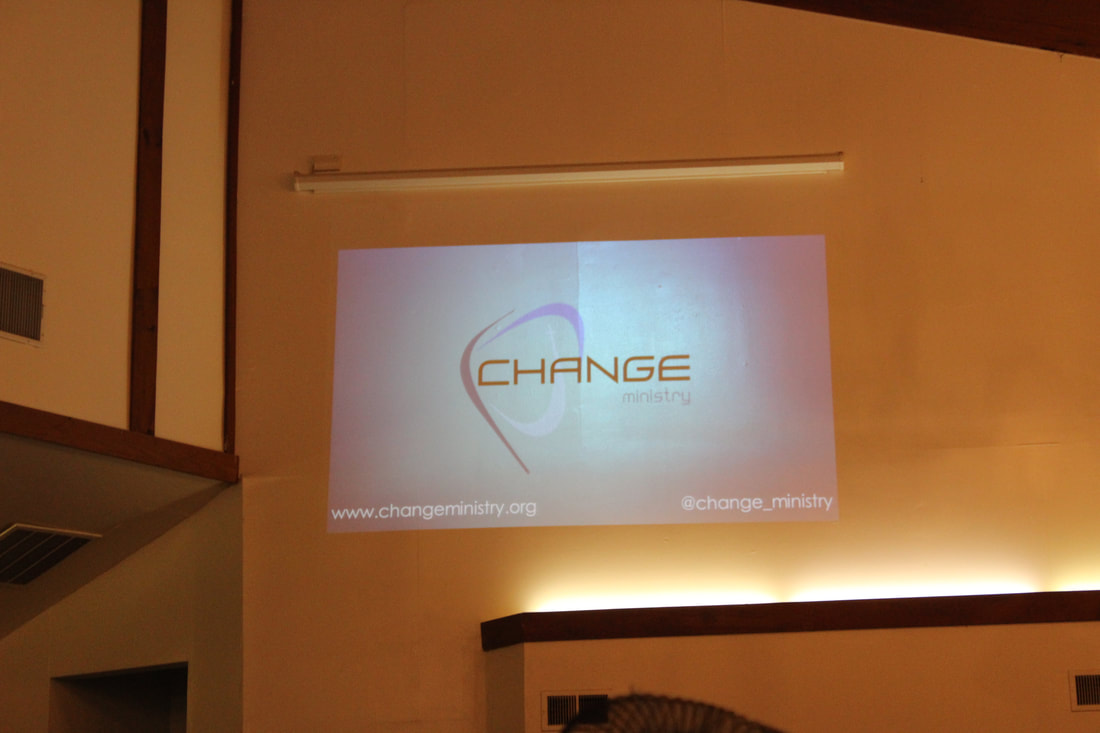

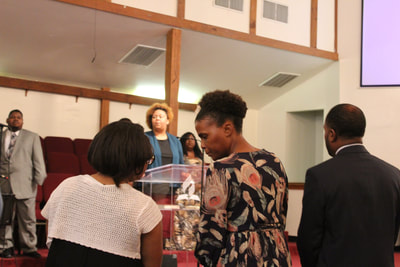
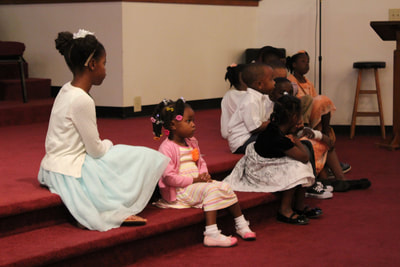
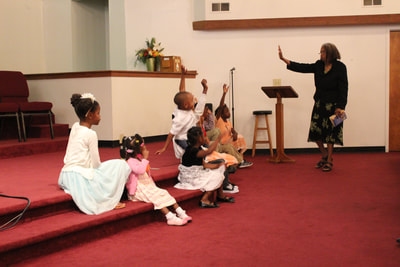
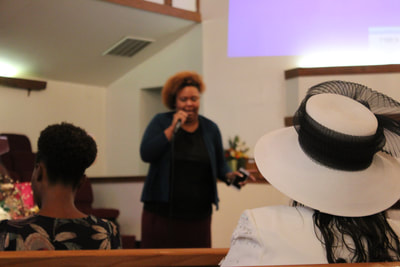


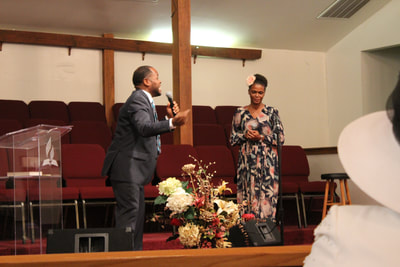

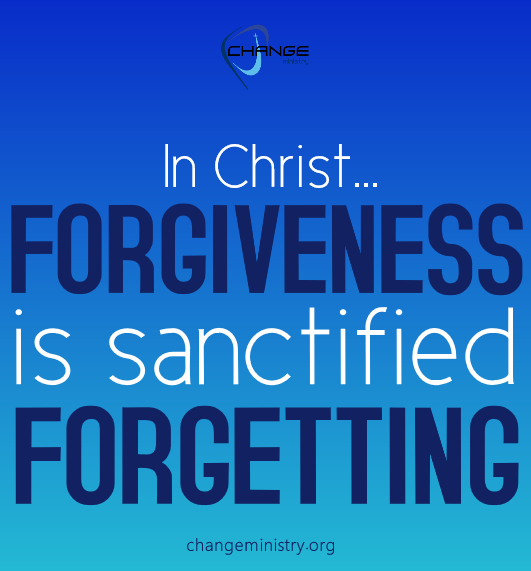




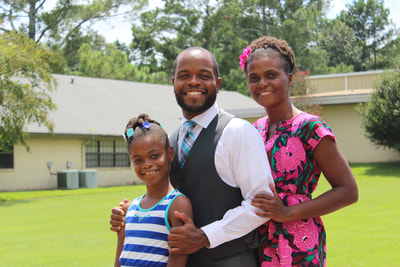

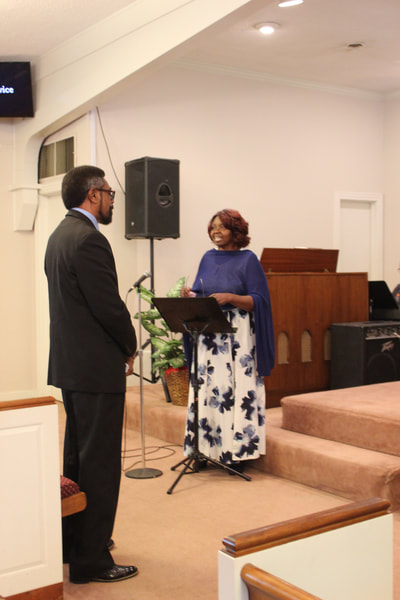
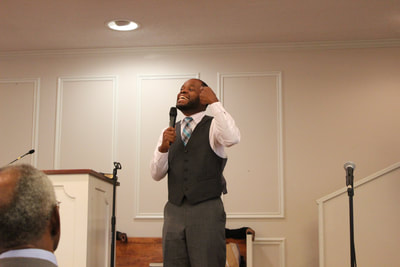
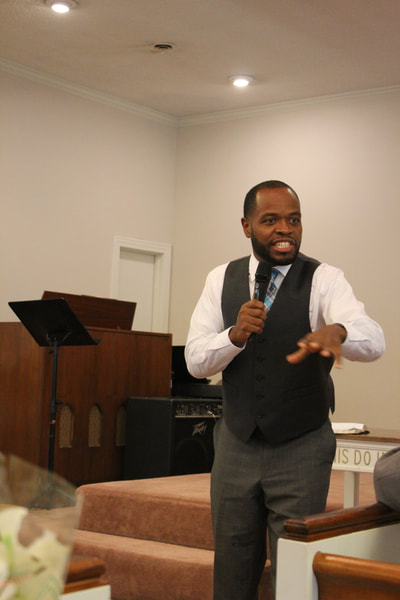
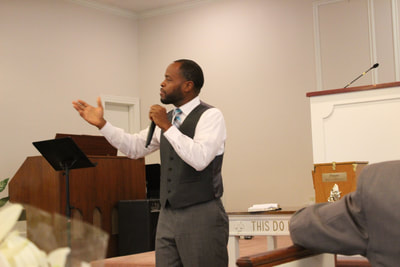


 RSS Feed
RSS Feed